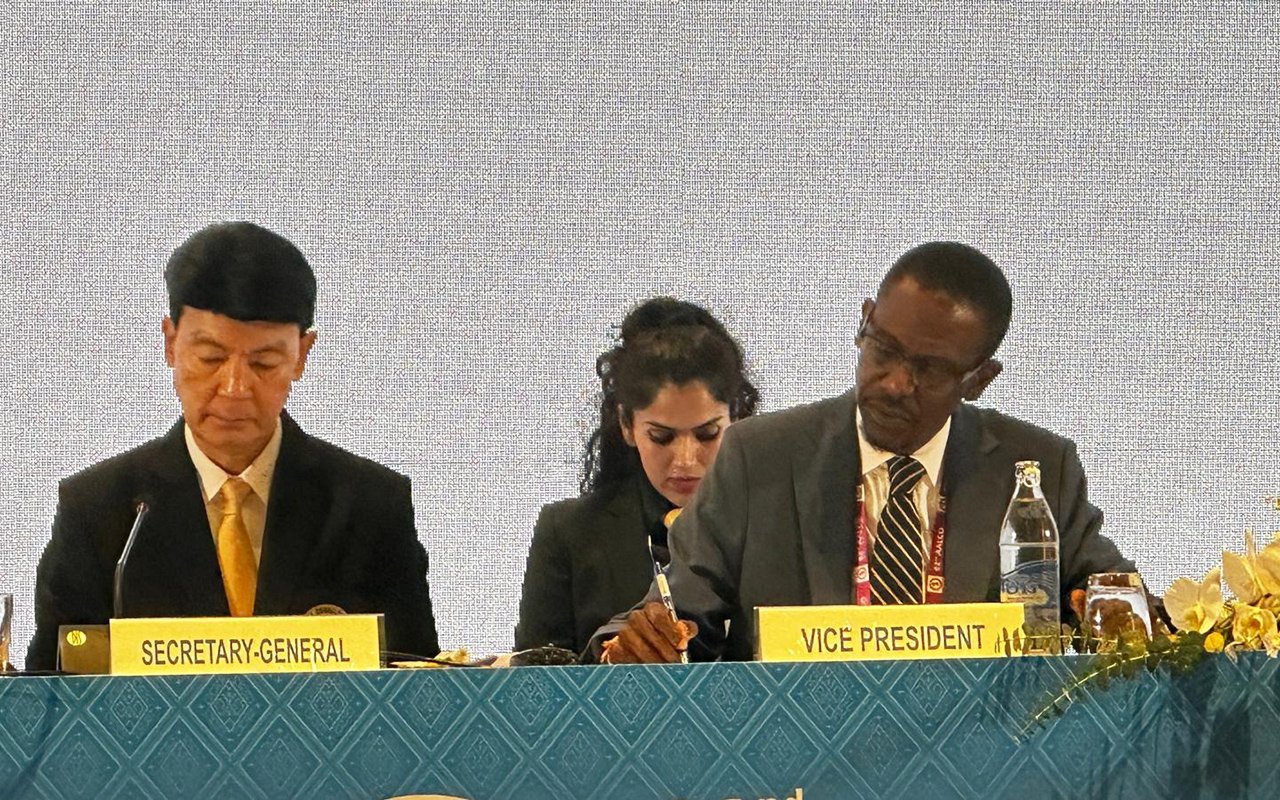Prime
Leaders turn to play-based learning to curb school dropouts

In this file photo, some of the pupils at Mijale Primary School in Yumbe District study under a tree on April 28, 2023. PHOTO/ROBERT ELEMA
What you need to know:
- Authorities have highlighted the alarming rate of school dropouts in Yumbe District.
In an effort to combat the rising trend of pupils abandoning school for petty businesses, district leaders have turned to play-based learning as a strategy to increase student retention.
The approach, which integrates play into the learning process, has been shown to keep children engaged and motivated, especially in lower classes. It’s part of a broader initiative to address the high dropout rates that have become particularly prevalent among upper-class students in the district.
Mr Adinan Anguyo, the Yumbe District Inspector of Schools, highlighted the alarming rate of school dropouts, noting that many children are opting for business ventures and early marriages instead of continuing their education.
“Some of the factors for dropouts include inadequate classrooms in most of the schools. When they learn under trees, they get disorganised by rain and sunshine. This makes them lose the morale of studying,” he said.
In most trading centres, it is common to see school-age children engaged in petty businesses during school hours.
To address these challenges, various retention interventions have been introduced. “Play has now been integrated as a learning process that should continue even into adulthood,” Mr Anguyo said, emphasising the need for sustainability in these efforts.
The Yumbe District Speaker, Mr Kassim Asiku, highlighted the large number of children enrolled in primary schools, totalling 178,000 from both refugee and host communities.
“This number of children in primary schools also needs a conducive learning environment. We are facing challenges of resources and partnership is the only solution to address the critical problems,” he said.
At Kombe Primary School, teachers are using play-based learning methods to enhance retention.
Mr Bashir Taban, a teacher at the school, explained that they are implementing active teaching methods where children learn through guided, hands-on play.
This approach not only helps pupils understand lessons better but also makes learning enjoyable. “I advise teachers to adopt learning-through-play approaches. It makes lessons more engaging and materials can be prepared easily without needing to purchase them,” Mr Taban added.
War Child Alliance’s Country Director, Mr Parwez Anis, emphasised that the learning-through-play approach aims to make classrooms more interactive and enjoyable, addressing mental health issues and improving school retention.
“Play seeks to improve the holistic development and wellbeing of refugee and host community children in Bidi Bidi refugee settlement, Yumbe using learning through play teaching methods,” he said.
The project is implemented by a consortium led by the International Rescue Committee.
School dropouts
According to the district education department, of 28,302 learners who enrolled in Primary One about seven years ago, only 6,664 sat for the 2023 Primary Leaving Examination (PLE), revealing a dropout rate of more than 80 percent.




